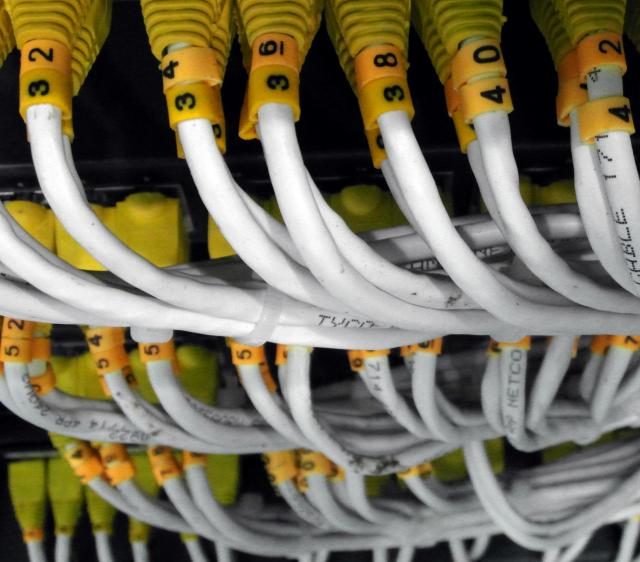Vietnam’s General Department of Customs has announced the addition of more than 40 administrative procedures in the agency’s public online service system.
Vietnam Customs said in a recent statement that it launched on February 1, 2018 the additional 42 administrative procedures in the public online service system at https://pus.customs.gov.vn.
As a result, some 170 to 180 administrative procedures in the customs field are now conducted online through the IT systems of Vietnam Customs.
These systems include the Vietnam Automated Cargo and Port Consolidated System and the Vietnam Customs Information System or VNACCS/VCIS, e-payment gateway, national single window, and public online service system.
“According to the Decision no.2151/QD-TCHQ promulgating the plans for the provision of public online service system, the General Department of Customs has upgraded technical infrastructure, applied IT development and officially deployed additional 42 administrative procedures from 01 February 2018,” said the agency.
The implementation of administrative procedures online reduces direct contact between enterprises and customs officers. In addition, by upgrading the system, the applicants can track the status of the activities of enterprises by smartphone.
“Compared with the previous version, the upgraded system has added utility for users,” it said. The system now has Android and iOS applications for smartphones to allow applicants to receive notifications and track the status of their records.
Moreover, only the applicants can know via their smartphone whether their dossier has been released, is being processed, or has been forwarded to a customs office.
Since its official implementation in March 2017, the public online system has been operating smoothly and providing prompt processing services to individuals and enterprises, said Vietnam Customs.
If there are problems related to the account, the system gets prompt support from the customs help desk.
For 2018, the customs office said it will continue to implement new administrative procedures while increasing the utility of the IT system in order to further improve business conditions for customs declarants and taxpayers.
Photo: Ian L









